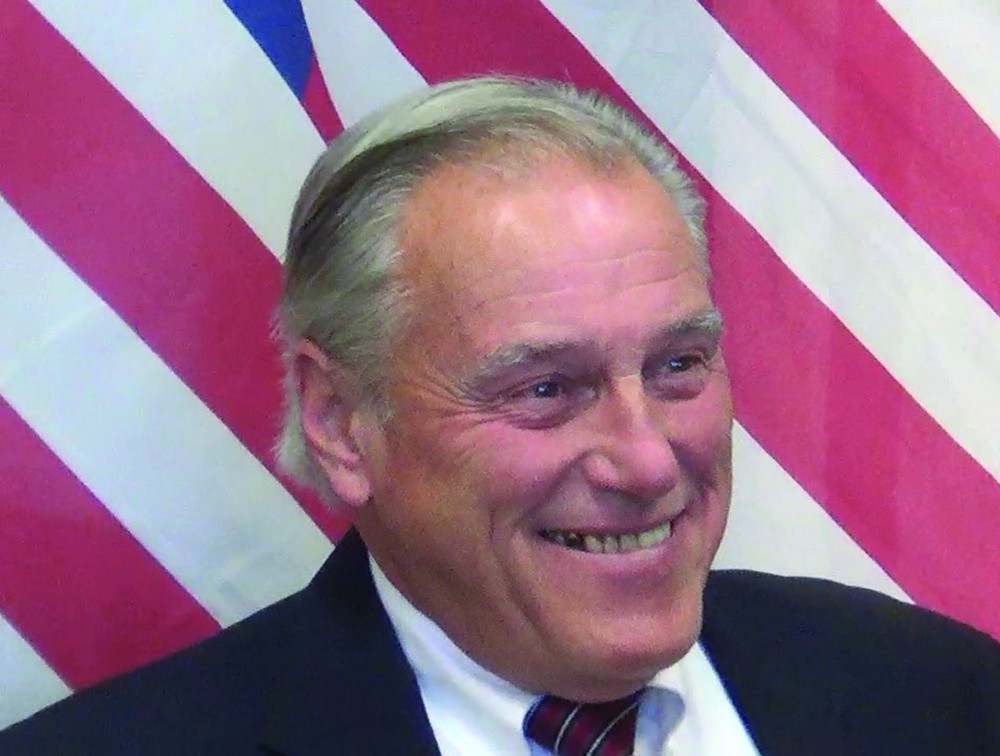Pushing Rio Grande County boundaries

RIO GRANDE COUNTY — Rock Creek rancher John Noffsker might reside toward the eastern edge of Rio Grande County, but the new commissioner recognizes diverse issues throughout the area.
Every night, Rio Grande County residents sleep in a city, a town, a census-designated place like Alpine or Gerrard or an unincorporated community (Homelake or Parma).Variations between communities can appear wider than the highway stretches between them.
“We represent the whole county,” Noffsker said. “My priorities are to boost economic growth without losing the very things we like about living here.”
Built with different “economic DNA,” South Fork and Center are situated in different ecosystems on east and west sides of the county. “South Fork is a place where people want to go and play,” Noffsker said. At the fork between rivers and highways, South Fork attracts recreation and tourism dollars.
“Center is more of a meat-and-potatoes town,” Noffsker noted. “My task is to not neglect Center while the bright, shiny objects of tourism attract attention.”
Both are statutory towns, but Center fits within one square mile while South Fork spreads over a wider area and extends into the wilderness. Center children attend school in town, but students from South Fork travel to Creede, Del Norte and farther for education, in addition to home schooling.
Center straddles Rio Grande and Saguache counties with a lot of properties to the north and most of the population south of town. The seven town board members are elected to serve at-large, all of them residing within town limits. Agriculture drives the economy, but K-12 schooling and a long history is much like Del Norte down the road. School districts provide employment, census-swelling students and events worthy of attention during the school year.
Schools, churches and government can stabilize and define communities. As the current pastor of the First Presbyterian Church in Monte Vista, Noffsker fills the position with a similar sense of duty that motivated him to run for county commissioner. New to the Presbyterian church, a curious Noffsker took training courses for pastors more than six years ago. After a couple months of training, the pastor left the church and Noffsker filled the interim role. Now he gives a 20-minute sermon every Sunday, and no one mentions “interim” anymore.
“I told the church when I was approached to run for commissioner,” Noffsker explained. With commitments to the county and the church, the Rock Creek rancher changed schedules and processes to meet his obligations.
“I believe in building teams,” Noffsker explained. “My job is to train my replacements” so the organization can thrive into the future.
Without water, nothing can thrive. As a rancher and 24-year resident, Noffsker said he believes that “water is hyper-important for maintaining our quality of life and economy in the Valley.”
Rio Grande County appoints two people to the Rio Grande Conservation District every year, and other water organizations wield power as well. “Water is so essential. It has to be protected. We need to get beyond the us-and-them mentality in the Valley.
Representing District 2, Commissioner John Noffsker is a former small-town mayor and economic development executive director with extensive ranching experience. A Vietnam veteran and retired commercial pilot, Noffsker has since spread his civic involvement to the agriculture community, the faith community and the community of Rio Grande County.



